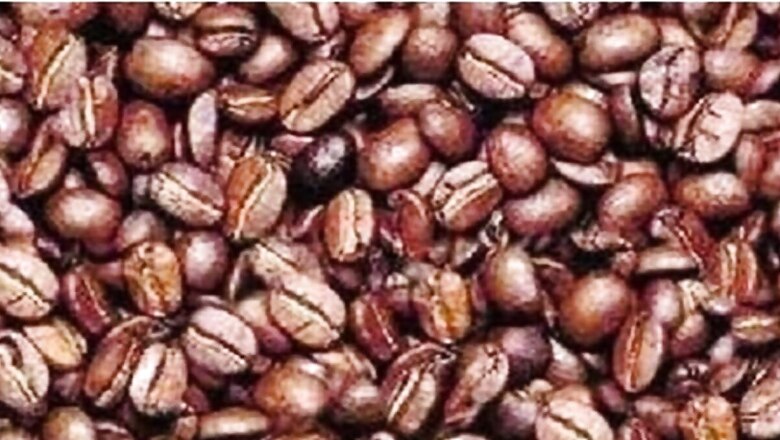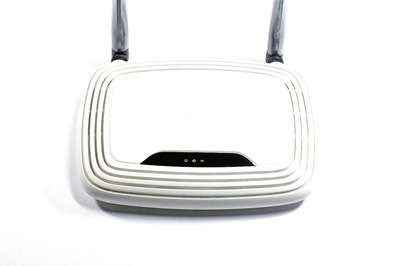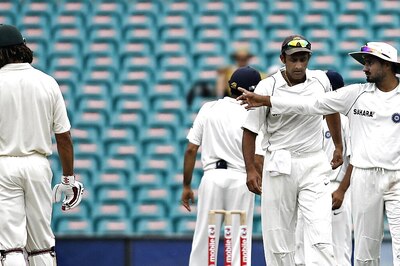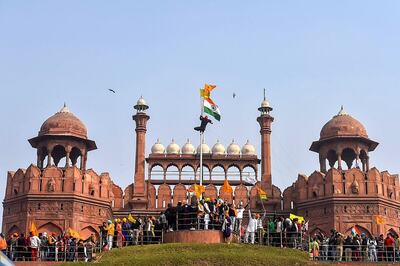
views
The National Barista Championship, an esteemed competition that brings together the finest baristas from all across the country to showcase their skills and passion for coffee was held in Delhi on August 28. It is a platform to celebrate the art and science of coffee-making while promoting excellence and innovation in the industry. The winner of NBC competition will get a chance to represent the India in World Barista Championship 2024 at World of Coffee Busan, Korea.
We discussed with Vikram Khurana, CEO, KAAPI Solutions India OPC Private Limited about notable trends in the coffee industry and sustainability.
How is technology playing a role in transforming the coffee experience for both consumers and businesses? Are there any tech-driven initiatives your company has embraced?
We are using a lot of science and physics in our business. Most of our machines are high end where there is something like ice-cream on top. You can visualise the entire process of a 30 second coffee making right in front of you. Like when an espresso comes out, it is a 30 second process and it is more of an experience to see it through an open working kitchen. Our machines are fully automatic with IOT and AI in place. Most of them work through your touch wherein you fill in your customisation and with the click of the button, the ready coffee comes out. Our high end machines come with convenient technology wherein you can closely map your coffee requirements.
How have you observed the café culture evolving in recent years, and how is your company supporting café owners in adapting to these changes?
Cafe culture is the new normal. With our Gen-Z favouring this change, this trend is here to stay. With currently 350 million people in the upper middle class category expected to grow to a close 600 million by 2032, this is the market which will define the next generation of coffee drinkers. As we get more rich, we require better watches, better shoes and also better coffee. The coffee becomes by default, a part of our lives.
Cafes are not only restricted to people coming in groups now. Many people prefer coming in and working for a couple of hours in these seating areas. For those working it is never a single coffee cup but a number of coffee cups repeating simultaneously.
These are the reasons why cafes are mushrooming across the country with more and more real estate going towards coffee shops.
With the rise of e-commerce and direct-to-consumer sales, how is Kaapi Solutions leveraging online platforms to engage with customers and deliver coffee products directly to their doorsteps?
We are growing with God’s grace. As the industry grows we are growing along. We are bringing in new initiatives. We are launching a lot of new technologies relating to coffee. We currently represent 18 brands in India with offices across the country leveraging on a strong service network. We believe that when you invest in good technology you want to rely on growing your business. We are educating our customers, opening cafes and supporting the machinery and technology at backend.
Specialty coffee continues to gain traction. What challenges do you see emerging in this niche market?
The biggest challenge remains the availability of specialty coffee. It is easier said than done that I am drinking a speciality coffee. The question remains is your coffee really a specialty coffee or more importantly is your audience ready to pay the price of the specialty coffee. We still drink a lot of milk coffee which brings our audience of specialty coffee to minimum. Our next challenge is to do justice to speciality coffee and to provide a juicy, acidic coffee to our end customers.
How are you contributing to coffee education and raising awareness about the nuances of coffee sourcing, brewing techniques, and flavor profiles among consumers?
My journey in the industry started back in 2002. I started as a barista back then. As a barista when you start your own journey as an entrepreneur you understand how important is training in this business and your end consumer likewise. So we work closely with the coffee board of India in running a lot of programs. We are also sponsors of a lot of championships from where the winners ultimately represent the country in international competitions. We organise a competition once a year to ensure participation from various coffee shops. Indirectly the learning goes back to their cafes through the baristas who come and participate. Our goal is to up the end coffee cup and give recognition to baristas who are the face of our industry.
What notable trends are currently shaping the coffee industry in 2023, and how is your company positioned to respond to these trends?
The coffee dynamics have completely changed in the country as compared to the previous decade. The expectations from coffee shops have been increased strategically. Now the customers demand not just a regular cappuccino but a different coffee profile all together. Now opening up a coffee shop is just not enough. You require high-end espresso machines and a professional barista to serve not just a coffee cup but to bring forth a coffee drinking experience to the customer. While the idea of being able to customise your coffee with flavours and extras is not entirely new, interest in it is growing. People are expected to want to experiment and make their own coffee drinks this year. The usage of local roasters is another trend that is anticipated to take off this year. This will assist baristas in creating distinctive specialty drinks and marketing the locals’ bean varieties and brewing techniques. We are going to be called coffee drinkers rather than tea lovers in the near future.
With growing emphasis on sustainability, how is Kaapi Solutions addressing issues such as ethical sourcing, eco-friendly packaging, and reducing the carbon footprint in the coffee supply chain?
As a brand we have certification in green coffee. We have associations with the rainforest alliance. We also have organic coffee. Furthermore eco-friendly packaging comes into play during roasting. We deliberately choose rosters that use sustainable packaging. As a brand we ensure to reduce our carbon footprints at the maximum.
How important are sustainability certifications, such as Fair Trade or Rainforest Alliance, in building consumer trust and supporting coffee farmers?
Sustainability certifications, like Fair Trade & Rainforest Alliance, play a significant role in building consumer trust and supporting farmers.
- Transparency & Accountability – These certifications provide consumers with a level of transparency regarding the sourcing & production practices of the coffee they purchase.
- Ethical Considerations – Many consumers are concerned about the ethical aspects of the purchase. These certifications assure them that the coffee they buy meets these standards.
- Fair Compensation – Fair Trade Certification ensures that the farmers receive fair compensation for their labor and products.
- Investment in Sustainability – A lot of certification programs also invest in sustainability initiatives for environment & community that lead to long-term
Looking ahead, what do you foresee as the key challenges and opportunities for the coffee industry in the coming years?
Some of the key challenges are:
- Climate Change – The coffee industry is vulnerable to the effects of climate change, rise in temperature, & increased incidences of pests and diseases, which can reduce coffee yields and quality.
- Sustainability – The need for sustainable coffee production is paramount. It is important to ensure fair wages for coffee farmers & for them to also adopt environmentally friendly farming practices.
- Supply Chain Issues – The overall supply chain for coffee is complex, and various issues like supply disruptions, transportation & shortage of labour can disrupt the flow of coffee from farms to the consumers.
Opportunities
- Premium Coffee Market – The growing demand for high-quality coffee presents a great opportunity for coffee producers to get premium prices & differentiate their products.
- Technology- The advancement in technology like blockchain technology can improve crop management & increase yields.
- Consumer Education – Educating consumers about the challenges faced by coffee producers & the benefits of sustainable & ethical products can drive demand for responsibly produced coffee.




















Comments
0 comment